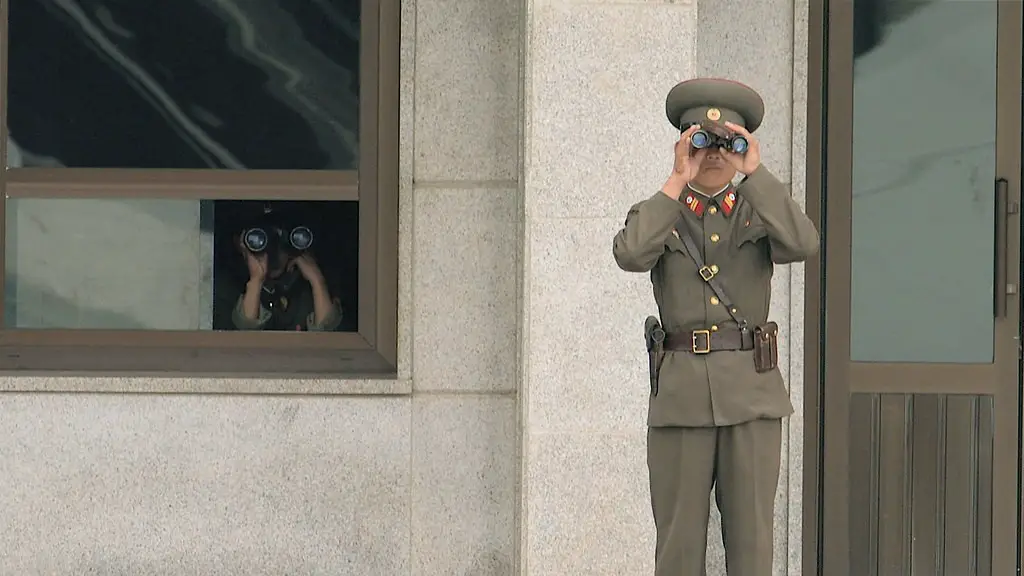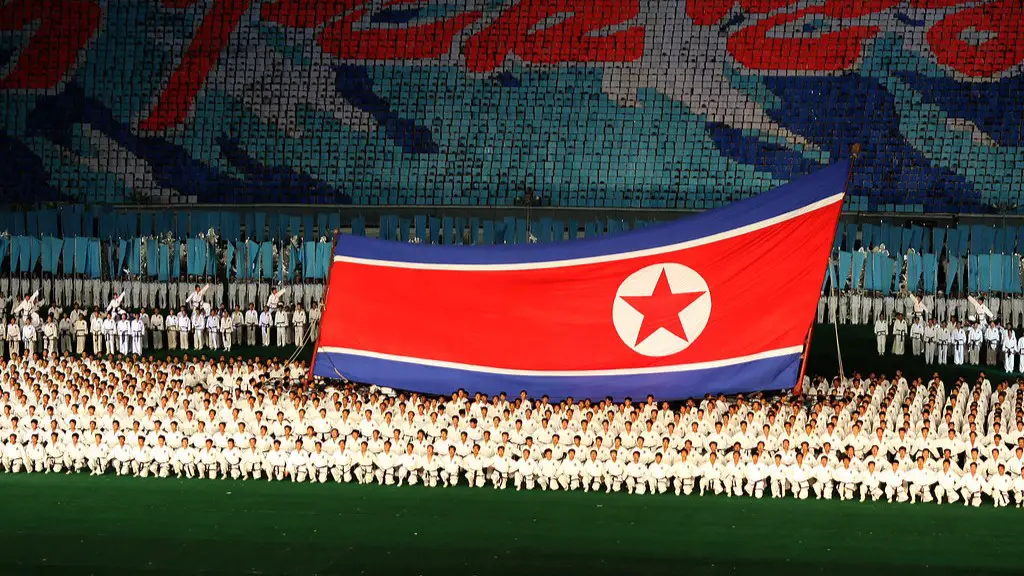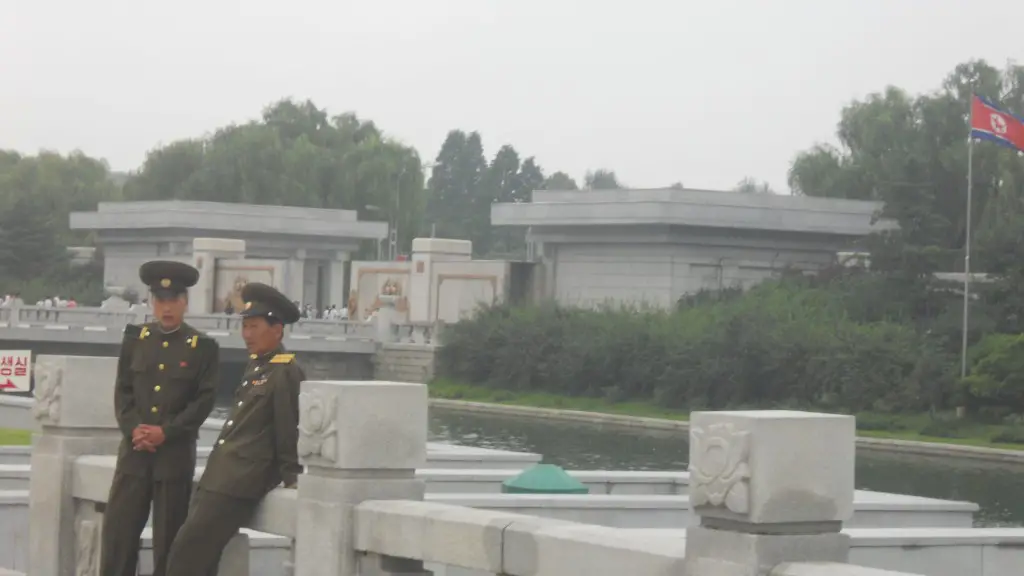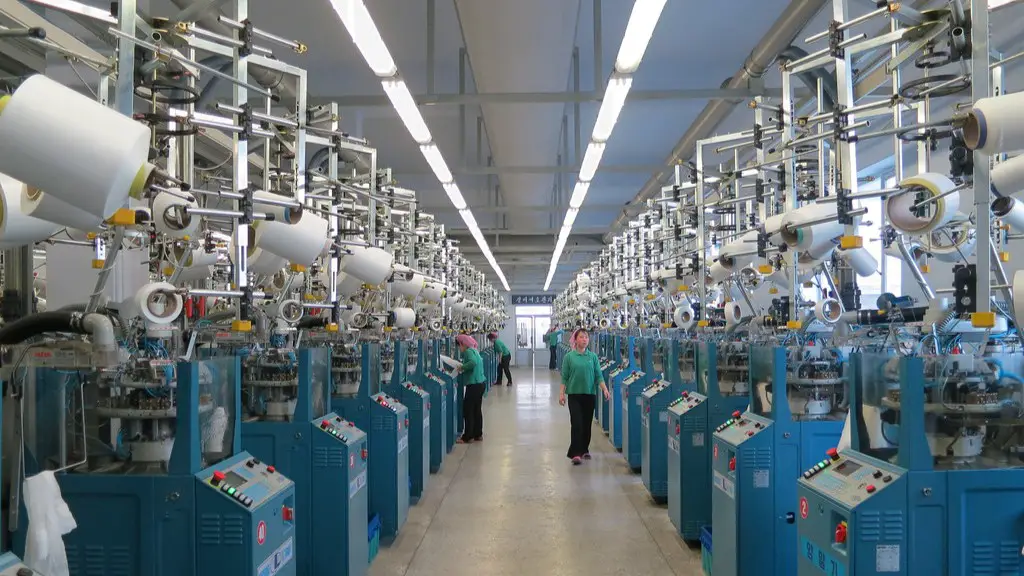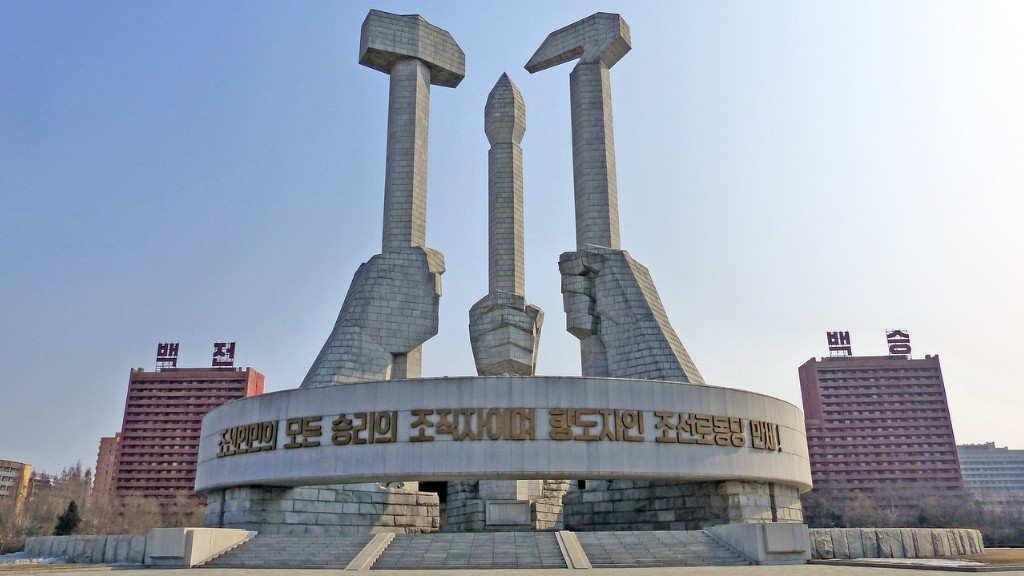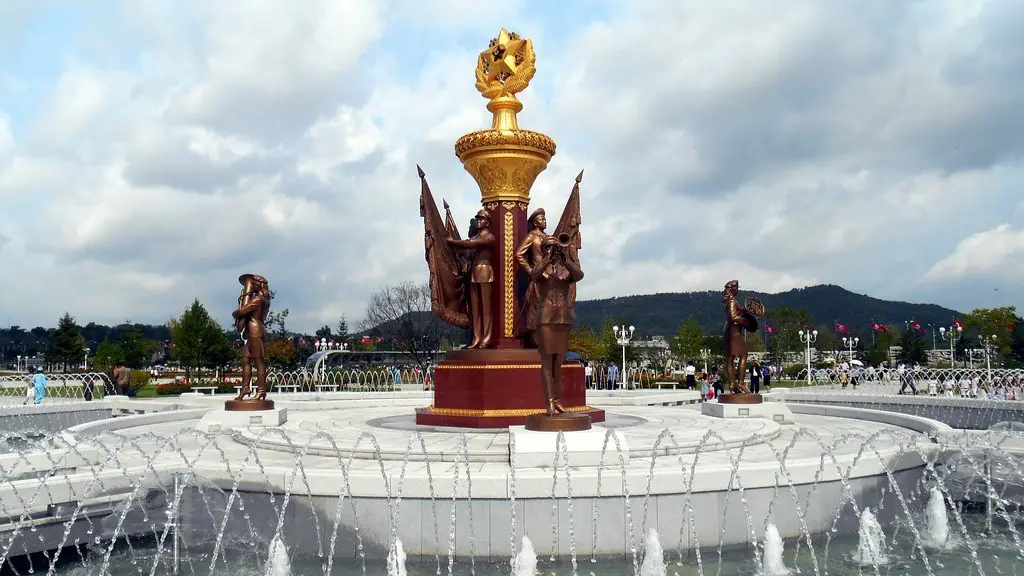The old days of North Korea in famine are far from over. Reports from the U.N. claim that the country still lacks food supplies, with up to ten million people facing hungry days almost every day. Although the situation has improved over the past decade, it is still difficult for the authorities to provide adequate and balanced nutrition for their citizens. In addition to this, infrastructure problems, such as lack of access to water, as well as the country’s economic situation, also contribute to the food insecurity.
North Korea’s famine began in the mid-1990s and was caused by a perfect storm of natural disasters and government policies. Floods and droughts destroyed crops, and the government increased taxes, which limited people’s access to food and further reduced their ability to produce. In addition, North Korea’s inefficient public distribution system led to the diversion of food supplies to the military and elite, leaving less for the general population. As a result, thousands of North Koreans died of starvation.
According to the World Food Program, North Korea still suffers severe food insecurity. The organization estimates that over 40 percent of the population—more than ten million people—are undernourished. This means that they do not have the minimum daily caloric requirement to stay healthy. In addition, many children suffer from stunted growth caused by lack of nutrition, and an increased number of North Koreans are developing diseases such as scurvy and anemia.
The North Korean government has launched several initiatives to combat the famine. It recently opened borders to international aid organizations and has also relaxed restrictions on private food production. In addition, the government has been introducing agricultural reforms and encouraging farmers’ collective farms. However, there is still a long way to go to ensure that all citizens have access to enough food.
Experts agree that the answer may lie in economic reforms. In the short term, the government should provide free or subsidized food to those in need. In the longer term, an improved economic system could lead to a rapid decrease in the prevalence of food insecurity. The adoption of market-based reforms should be accompanied by better infrastructure, including roads and irrigation systems, as well as better access to financial assistance.
The international community could also help to resolve the famine issue. Foreign aid, both in food and money, would have a greater chance of success if accompanied by initiatives to build capacity. Partnerships between donor countries and international organizations could help make the food distribution process more efficient.
North Korea’s famine is not only a humanitarian crisis but also a symptom of economic and political crises in the country. Improved access to food is essential for the country’s development and improvement of living conditions, and the international community should ensure that this is a priority.
Trade and Agreements
Removing economic restrictions such as tariffs and trade embargoes may help increase North Korea’s access to food. This could also provide economic opportunities and could help create jobs, which would further reduce the food insecurity. The North Korean government should be willing to open to new agreements and trade partnerships and should consider international investment as another potential solution.
The government could look to its neighbors for guidance, examining China’s recent reforms and the potential benefits it is achieving. Recent developments have shown that progressive economic moves have put China on the path out of famine, and North Korea should endeavor to follow suit.
International trade agreements with non-Asian countries should also be considered. North America, Europe, and other world markets could present new opportunities for trade and investment. In addition, open borders and freer movement of people could help create new economic and trading partnerships.
The international community should be willing to provide the necessary support to help the government open up to new opportunities and collaboration. The involvement of organizations such as the United Nations and World Bank, as well as investors and aid organisations, could provide additional incentives to create a more open and fair culture.
Reallocation of Resources
Data collected by UNICEF and other organizations has revealed that North Korean resources are not being used in an effective manner. For example, costs related to army and military personnel take up a significant part of the resources, leaving not enough for things like infrastructure or food aid. Reallocating resources, such as prioritizing infrastructure and food distribution for the most vulnerable populations, may be an effective way to combat food insecurity.
The government should also look into developing certain areas for agricultural production. These areas could bring about a reliable and long-term solution in the form of adequate nutrition, fresh food sources, and even employment opportunities. By providing job opportunities, the country could also reduce the number of people living in poverty, leading to a more nutritious life and a more self-sufficient North Korea.
The government needs to also embrace new technologies and embrace a modern approach to agriculture and food production. New technologies, such as precision agriculture and improved irrigation systems, could help enhance production and uncover hidden opportunities. The government should also consider creating incentives for innovative approaches and help increase the number of entrepreneurs.
The reallocation of resources should also include better storing and managing of foods. Better storage systems, regulations, and monitoring strategies could help minimize waste and make sure food supplies reach those in need in a timely manner. The country could look to international systems for guidance, or even establish a task force to develop a new storage and distribution system.
Increasing exports
Establishing new trading partners and increasing exports can be an effective way to tackle North Korea’s food insecurity. The country should invest in better infrastructure, including the transportation and storage of agricultural products, which would help bring in more profits through exports. These funds could then be used to improve food production, storage, and distribution.
The government should also focus on potential export markets, such as China and other countries in the region. South Korea, Japan, and other countries have established trade agreements with North Korea, but these may need to be updated. In addition, North Korea should look to increase its export of specialties to countries such as France and Germany, where there is a strong demand for certain types of fruit and vegetables.
In addition, the government should consider creating a farmers’ union to help boost production. The union would give farmers access to better training programs and support, as well as resources and access to technology. By helping farmers become more productive, the union could help reduce North Korea’s food insecurity.
Access to water
The lack of access to clean water is a major contributor to North Korea’s food insecurity. In some parts of the country, water is either contaminated or scarce, leading to crop failure, food shortages, and malnutrition. To tackle this issue, the government should focus on improving infrastructure, including water supply and sanitation.
This can be done by investing in better irrigation systems and by introducing regulations to help improve water quality. The government should also consider creating new drought-resistant crops and encouraging the use of water-efficient farming methods. In addition, better water management systems should be put in place to ensure that water is used in a sustainable manner.
In addition, the government should create awareness campaigns that promote improved water-use practices, such as proper storage and conservation. This could help people become more aware of their options and better equip them to save and use resources.
Water infrastructure is also an important factor in helping reduce hunger, as better irrigation systems ensure that food can be produced and transported more efficiently. The government should focus on improving access to water and creating an efficient water distribution system to ensure that food scarcity can be eliminated.
Conclusion
North Korea is still in a state of famine, and food insecurity is still a major issue in the country. The government should take steps to improve the population’s access to food, while the international community should support North Korea’s efforts. International trade agreements and improved infrastructure could help improve access to food and reduce famine and food insecurity.
In addition, effective storage and distribution systems, agricultural development, improved access to water, and increased exports could also help alleviate the food insecurity situation in North Korea. Although the path to eliminating famine in North Korea is long, it is possible and the international community should support the country’s efforts.
